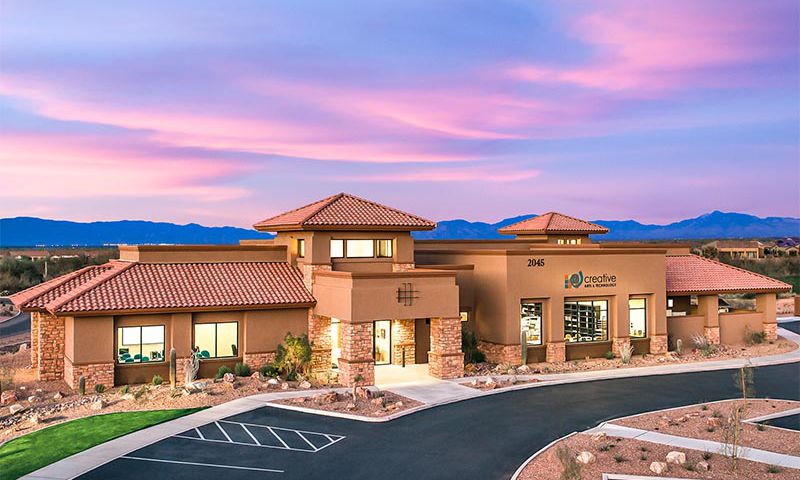
There are many ways to pay for long-term elderly care. The majority of long-term care costs will be covered by a combination or several sources. These include Medicare, Medicaid, long term care insurance and out-of pocket expenditures. As a person gets older, out-of pocket spending can become less important. In addition, it's a transitional state for Medicaid coverage. Medicaid eligibility requires seniors to have low income. Personal savings are therefore difficult to maintain and can quickly disappear.
Home care
There are many options when it comes home care for an older loved one. These services offer companionship, transportation, and help with daily activities. The assistance can be given for as little or as long as you need. As well as reminders of medication and meals, home care can be provided for elderly persons. In-home care providers are available for those who have multiple needs.
The majority of seniors receive care at their home for long-term. This care is often provided by unpaid relatives. According to statistics, 25% of Americans have provided care for an older relative in the past 30 days. A home care arrangement allows people to live independently while still having their loved ones visit. While home care may not be ideal for every situation, it can be an ideal choice if you are unable to provide 24-hour assistance to your loved one.

Nursing homes
Nursing homes can provide the level of care an older person needs. These facilities provide care for the elderly who are unable to do so on their own. Sometimes, elderly people may require temporary care because of illness, surgery, or when a regular caregiver is not available. These facilities can also be used to treat patients with dementia and Alzheimer’s. If you or a loved one is in need of long-term care, you can check out these options.
Nursing homes provide advanced medical care in addition to 24 hour custodial services. Nurses and doctors are responsible for the care of patients. A variety of tasks are performed by specially trained staff members who assist with daily living. Depending upon the needs of the elderly the facility may offer either long-term skilled or intermediate nursing care. Some facilities can also offer end-of life and hospice care. While they are not hospitals or nursing homes, they offer the necessary care.
Short-term care
If you don't require 24-hour support, short-term nursing can be a good option. This type provides meals made by a personal chef and activities for residents. These facilities not only provide meals but also assist with daily tasks like dressing and bathing. Residents enjoy the community's amenities and pleasant atmosphere. A short-term facility is usually less expensive than permanent ones, because the caretaker gets paid per day.
Another option for seniors is nursing homes. These homes provide daily care but do not offer medical attention 24 hours a days. But nursing homes aren't always available to those who need 24-hour assistance. It is best to make arrangements ahead of time if you want to stay at a nursing home. These short-term centers offer residents comfortable living areas and life-changing options. Manda is a registered nurses and a licensed Michigan nurse administrator. She is an expert in all aspects related to post-acute nursing.

Medicaid
Medicaid for long-term senior care may be an option for you or your loved one if you require long-term medical care. This government health insurance program covers certain expenses for low-income elderly residents in nursing home. Medicaid is available for seniors who meet certain income and asset limitations. Medicaid has specific requirements. Careful planning and proper documentation can help ensure you are eligible. To be eligible, you must have a U.S. citizenship and reside in the country where you are seeking assistance.
Medicaid includes Cash and Counseling. Some states may have their own Medicaid programs which do not include medical services. Most states will provide personal care services if necessary. Many states also provide additional benefits like home delivery of meals or emergency response systems. Medicaid may pay spouses or family caregivers for assistance. However, if your loved-one requires additional services beyond these essential ones, you might consider the Medicare program.